Bachelor of Science in Nursing
Request information
"*" indicates required fields
Request Information
Request information
"*" indicates required fields
Welcome to the Ponce Health Sciences University,
School of Nursing!
Studying nursing at PHSU is the first step toward a rewarding career in healthcare. As Interim Associate Dean and with my experience, I am committed to supporting you every step of your journey. Together, we will work to become the best health professionals, providing compassionate, quality care to those who need it. Your future in Nursing starts here, and we are here to propel you to success!
Milagros Feliciano Pineiro, MSN, BSN, RN
Interim Associate Dean of Nursing School
Ponce Health Sciences University, PHSU

Program Description
Ponce Health Sciences University (PHSU) has developed a Bachelor of Science Degree in Nursing (BSN) Program offering Direct Entry and Upper Division Entry Options. The 121-credit hour BSN Program is sequentially structured and can be completed in approximately three to four calendar years. The Program, based in the American Association of Colleges of Nursing (AACN) Essentials of Baccalaureate Education for Professional Nursing Practice (October 20, 2008), prepares nurse generalists to be providers, designers, leaders, managers, and coordinators of care as well as accountable members of the nursing profession and to pursue graduate level education.
The Essentials of Baccalaureate Education of Nursing Practice include:
- Liberal Education for Baccalaureate Generalist Nursing Practice
- Basic Organizational and Systems Leadership for Quality Care and Patient Safety
- Scholarship for Evidence-Based Practice
- Information Management and Application of Patient Care Technology
- Healthcare Policy, Finance, and Regulatory Environments
- Interprofessional Communication and Collaboration for Improving Patient Health Outcomes
- Clinical Prevention and Population Health
- Professionalism and Professional Values
- Baccalaureate Generalist Nursing Practice
The BSN program also provides individuals with the ability to implement evidenced-based practice in the delivery of professional nursing care based on higher-level competencies throughout a variety of clinical settings. Evidence-based practice incorporates scientific findings in the delivery of nursing care that includes both theory and practical clinical skills required by the field of nursing to provide leadership and render safe, culturally appropriate patient care.
*The courses are offered in Spanish.
Message from the Director,
As nurses, our mandate is to improve all conditions influencing the health, well-being, and quality of life of individuals, communities, and societies, especially the most vulnerable. In my position as Director of the School of Nursing and with more than 20 years of clinical and administrative experience, I feel proud to be part of such a renowned institution as PHSU.
Cruz Torres Moreno, Ed. D.-C, MSN, BSN, RN
Director Nursing School
Ponce Health Sciences University, PHSU

The Baccalaureate Nursing Program goals are to:
- Prepare competent professionals who contribute to nursing by demonstrating leadership and render safe, culturally appropriate patient care.
- Prepare nurses with the ability to implement evidence-based practice and innovative technologies to deliver professional nursing care based on higher-level competencies and throughout a variety of clinical settings.
- Prepare graduates able to incorporate community-based participatory research findings in the delivery of nursing care.
High School Students:
-
Applicants to the BSN Program must have a recognized high school diploma or a General Equivalency Examination (GED) or the equivalent.
- Applicants must have a general high school GPA of 2.50. The applicant must present a High School Official Transcript.
- Candidates under 21 must comply with immunizations included in the Puerto Rico Department of Health guidelines.
- All students must comply with immunizations required for health-related professionals, in this case, with the nursing school requirements.
- Two (2) Varicella doses
- Tdap (every ten (10) years)
- Two (2) MMR (measles, mumps and rubella)
- Annual flu vaccine
- Three (3) doses of Hepatitis B
- Polio
- Three (3) doses of COVID-19 vaccine
-
Negative penal records certification is required before admission (only applies to students 18 years or older)
- Read and sign the document of Essential Performance Standards in Nursing*
- Read and sign: Admissions Policy on Essential Performance Standards.
- Official High School transcript (s) with degree conferred.
- Transfer students must present post-secondary transcripts, if applying for Upper Division.
- Negative Penal Record Certification or Background check
- Evidence of application processing fee payment.
Transfer Students
- For admissions as a Transfer Student, PHSU requires applicants to have a cumulative GPA of 2.5 from accredited post-secondary schools or universities.
- Only courses with grades of B or higher can be accepted for transfer.
- A maximum of 30 credits can be transferred after evaluation of the content of the course.
- Comply with the following documents: – All students must comply with immunizations required by health-related
- Two (2) Varicella doses
- Tdap (every ten (10) years)
- Two (2) MMR (measles, mumps and rubella)
- Annual flu vaccine
- Three (3) doses of Hepatitis B
- Polio
- Three (3) doses of COVID-19 vaccine
- Negative penal records certification is required before admission.
- Read and sign: Admissions Policy on Essential Performance Standards.
- Admission application in person or on the website
- Official post-secondary or university transcripts.
- High School Diploma
Conditional Admission
- High school graduates with a cumulative GPA of 2.40 to 2.49 may be granted conditional admission to the BSN Program at PHSU.
- This classification is for the first quarter.
- The student must enroll in general education and core courses and achieve a minimum GPA of 2.50 in the conditional quarter.
- After complying with the 2.50 GPA, the student can progress as a regular student.
- Comply with the following documents:
- All students must comply with immunizations required for health-related professionals, in this case, with the nursing school requirements.
- i. Two (2) Varicella doses
- ii. Tdap (every ten (10) years)
- iii. Two (2) MMR (measles, mumps and rubella)
- iv. Annual flu vaccine
- v. Three (3) doses of Hepatitis B
- vi. Polio
- vii. Three (3) doses of COVID-19 vaccine
- Negative penal records certification is required before admission.
- Read and sign: Admissions Policy on Essential Performance Standards.
- Admission application in person or on the website
- High School Official transcript
For more details of PHSU tuition and fees please refer to: Cost of Attendance
ALL TUITION AND FEES ARE PAYABLE ON OR BEFORE REGISTRATION.
Ponce Health Sciences University reserve the right to increase the tuition or other fees as deemed necessary.
- Have attended eight regular trimesters (or received transfer credit equivalent to the first two trimesters, have satisfactorily met all the approved clinical requirements, and have satisfactorily completed all course work and examinations as required by the faculty.
- Have met all the requirements for satisfactory academic progression.
- Received a passing grade on all required examinations.
- Have shown a behavior considered acceptable to academic instructors and supervisors.
- Have received the recommendation of the Nursing Faculty as presented to the Promotions Committee. The Committee reviews both cognitive and attitudinal aspects of performance. The recommendations are then submitted to the Dean for approval.
- Have settled all financial and library obligations with PHSU.
- Attend the commencement exercise.
Students who have successfully completed the BSN program and wish to practice in the US are eligible to apply to sit for the NCLEX-RN examination. Each state Board of Nursing has different licensure requirements. The requirements for eligibility to take the NCLEX and to get a license/registration are determined by the board of nursing/regulatory body (BON/RB). If you are interested in information about eligibility and licensure/registration requirements, you should contact the BON/RB where you wish to practice. PHSU SON will assist you in understanding the requirements.
GRADING SYSTEM
Nursing program defines grades of nursing and support courses based on the following system:
| Percentage | Grade | Honor Points |
| 100-90 | A | 4 |
| 89-80 | B | 3 |
| 79-70 | C | 2 |
| Below 69 | F | 0 |
| I | Incomplete | |
| IP | In Progress | |
| P | Pass | |
| NP | Not Pass | |
| W | Withdrawal | |
| AW | Administrative Withdrawal |
All students are required to obtain a minimum cumulative grade point average (GPA) of 2.50. An “I” (Incomplete) grade will only be allowed under very special circumstances as determined by the faculty. The student must complete the “I” (Incomplete) by the following quarters or an – “F” will be recorded for that course. The “I” (Incomplete) grades are part of the academic record as are the final grades.
At the time of graduation from the Nursing Program, nursing students are expected to:
- Demonstrate a commitment to excellence in professional accountability, leadership, professional behaviors and responsibility for nursing judgments and actions within a moral, ethical and legal framework, utilizing the most current information resources with a commitment to continuous professional development.
- Utilize the most current informatics and technology resources to communicate, manage knowledge, educate, mitigate error and support decision making to promote patient safety, quality care services.
- Function effectively within nursing and inter-professional teams, fostering open communication, mutual respect, and shared decision making to achieve quality patient care and improved patient outcomes.
- Facilitate safe, holistic and effective patient/family centered care outcomes through use of evidence-based research and other science-based, humanities and research frameworks.
- Promote a culture of caring to provide holistic, compassionate, culturally competent patient-centered nursing care based on a comprehensive and focused health assessment across the lifespan using sound clinical judgment.
- Evaluate the implications of policy on issues of access, equity, affordability, a social justice in healthcare delivery including the health of vulnerable populations and healthcare disparities.
- Advocate for patients, families, communities, and the nursing profession, applying values and utilizing an ethical framework, clinical reasoning, and cultural competence.
- Implement individual and population-focused interventions to promote health and to prevent and manage disease and injuries by identifying threats to safety and develop strategies to minimize risk of harm to individuals and populations.
HOW TO APPLY
Applicants must submit the following documents:
- Official transcript from all undergraduate and graduate universities attended
- Certificate of No Penal Record (Criminal Background check)
- Deadline to submit a complete application – May 30

We are pleased to inform you that our Bachelor of Science in Nursing (BSN) program has been accredited by the Commission on Collegiate Nursing Education (CCNE). This prestigious accreditation reaffirms our commitment to providing excellence in nursing education, adhering to rigorous standards of quality and continuous improvement set forth by CCNE. Accreditation by CCNE ensures that our BSN program meets or exceeds national benchmarks for nursing education, preparing our students with the knowledge and skills necessary for successful careers in nursing. We are dedicated to upholding these standards as we continue to enhance our program’s curriculum, resources, and support systems.
We’d like to invite you to explore further information about our accredited BSN program and celebrate this achievement as we strive for excellence in nursing education and practice.
Dra. Aziza Mahmud Perez, Dean/Chief Executive Nurse
